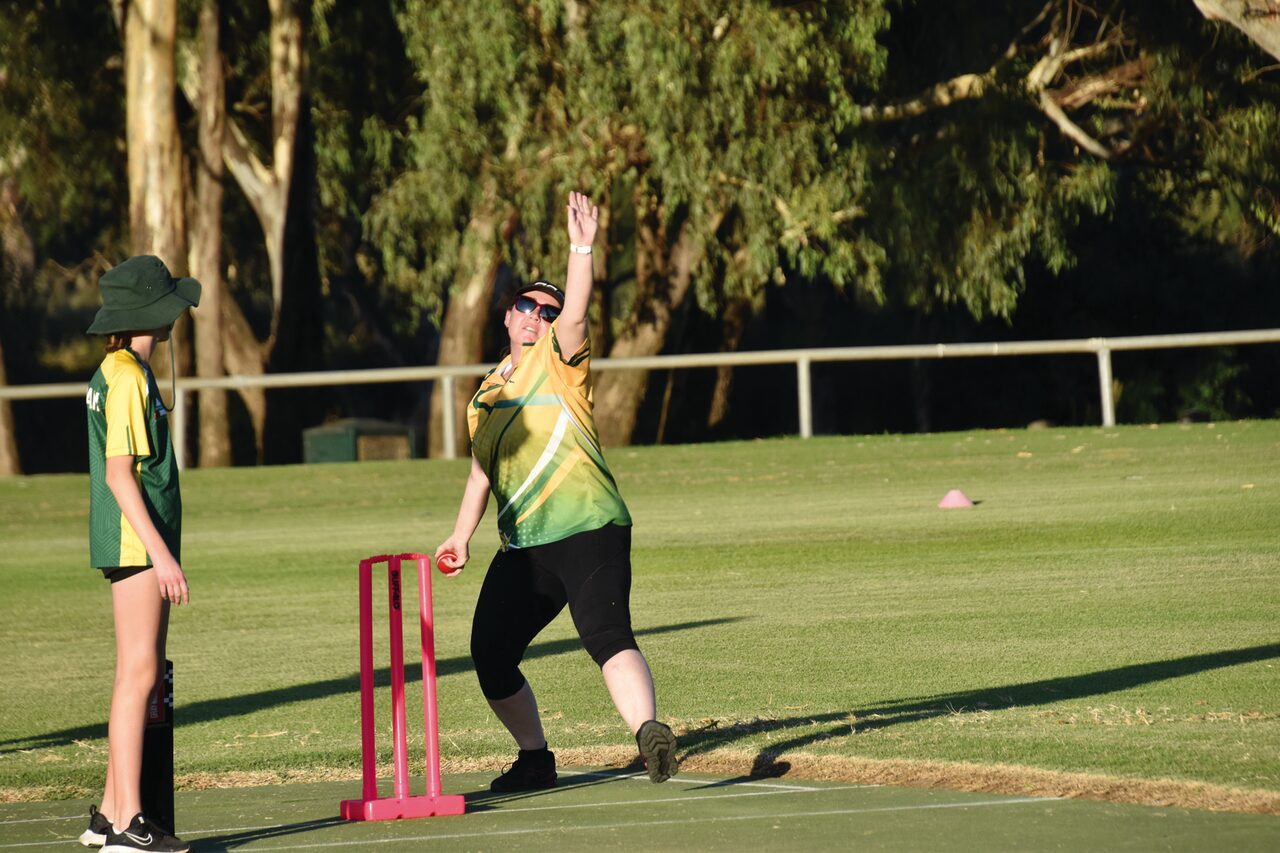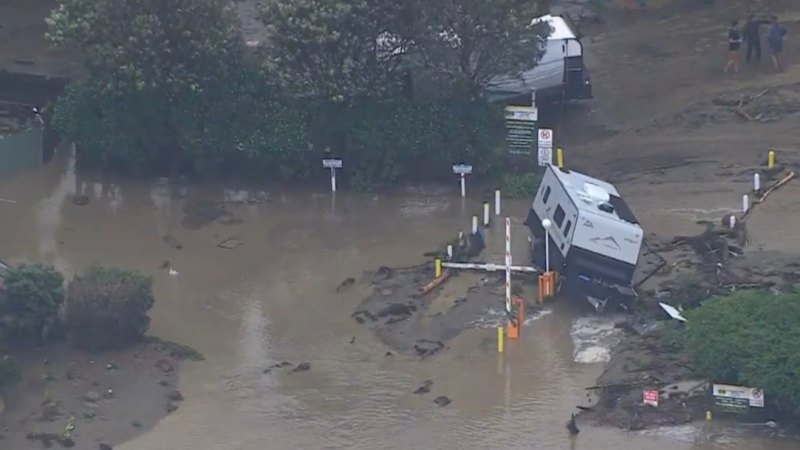
Australia’s health regulator is taking significant steps to address concerns surrounding the rapidly expanding online medicinal cannabis industry. The Australian Health Practitioner Regulation Agency (AHPRA) has issued new guidance aimed at tightening standards for telehealth services. This move follows mounting pressure from the Australian Medical Association (AMA) and the Pharmacy Guild of Australia, who have called on Health Minister Mark Butler to address what they describe as “largely unregulated” prescribing practices.
Concerns have escalated among psychiatrists regarding the potential risks posed to patients with serious mental health conditions. AHPRA’s chief executive, Justin Untersteiner, emphasized the importance of patient safety in the face of increasing accessibility through telehealth services. He stated, “We just want to make sure that convenience doesn’t come at the cost of safety or quality.”
The online-only clinics have proliferated in recent years, offering quick prescriptions for various treatments, with the medicinal cannabis market now valued at hundreds of millions of dollars annually. Since legalization in 2016, more than 1.5 million prescriptions for cannabis have been approved in Australia. The rapid growth has prompted the federal Therapeutic Goods Administration to review the sector’s regulatory framework.
Calls for Regulation Intensify
On Tuesday, both the AMA and the Pharmacy Guild will urge Minister Butler to take action against what they describe as “poorly regulated prescribing practices.” Trent Twomey, president of the Pharmacy Guild, highlighted the exploitation of the system: “We are seeing a system that is being exploited – with prescriptions issued without proper clinical oversight.”
AMA president Danielle McMullen echoed these sentiments, asserting that immediate measures are necessary to ensure that medicinal cannabis is “prescribed, dispensed and regulated in the same manner as other registered drugs of dependence.”
The Penington Institute, which advocates for drug law reform, cautioned against making access to medicinal cannabis more difficult, warning that it could drive patients toward illicit alternatives. Research director Jake Dizard stated, “The last thing we want is for medicinal cannabis to be so difficult to access that people simply switch to easily available illicit cannabis.”
Recent reports have revealed alarming practices within the telehealth sector. For instance, one telehealth doctor reportedly issued 72,000 prescriptions to 10,000 patients within a two-year period. AHPRA’s new guidelines clarify that doctors bear personal responsibility for safe prescribing, even when employed by telehealth companies. The agency expressed particular concern about services that focus solely on one treatment without offering pathways for in-person consultations.
Risks to Patients Highlighted by Experts
Psychiatrist Professor Danny Sullivan, clinical director at Forensicare, has raised alarms about the rise of online cannabis prescribing, describing it as creating a “parallel economy” in medicine. He noted that patients are often prescribed cannabis without any communication between prescribers and their treating clinicians.
“People are being prescribed cannabis without any effort by the prescriber to contact their treating clinicians,” Sullivan said. He highlighted that patients with psychotic disorders are receiving prescriptions without the knowledge of their psychiatrists, which could lead to dangerous outcomes. “If you have a serious mental illness, cannabis is strongly contraindicated,” he warned. “It’s highly associated with psychotic symptoms, and for people with schizophrenia, it’s a toxic drug that can cause deterioration in mental state.”
Sullivan criticized the lack of accountability within the system, stating, “You end up with a fragmented system where no one’s accountable. It’s a model built for convenience, not continuity of care.”
Veronica Casey, chair of the Nursing and Midwifery Board, emphasized that the new reforms aim to restore accountability among health practitioners. She stated, “As a health practitioner, your duty of care always comes first. That responsibility sits with you, not your employer.”
The updated guidelines discourage prescribing without a face-to-face consultation and prohibit the use of chatbots to simulate medical advice without clear disclosure.
Consumer advocate Michael Fraser criticized AHPRA’s response as insufficient. He stated, “The public deserves better than press releases from the regulator that remind practitioners of their basic obligations.” Fraser pointed out that the business models of large telehealth companies often prioritize profit over patient safety.
In response to the criticisms, a representative from Montu stated that doctors at its Alternaleaf clinics conduct clinical assessments based on patient needs and can prescribe products from various companies.
Victorian MP David Ettershank, from the Legalise Cannabis Party, called for a balanced perspective on cannabis-related harms, arguing that substances like opioids and alcohol pose greater risks. “They are all way above cannabis for hospital admissions or damage,” he noted.
Dr Michael Wright, president of the Royal Australian College of General Practitioners, reiterated that patient wellbeing should take precedence over commercial interests. He warned that a model focused on a single treatment may not provide comprehensive care.
As the debate over medicinal cannabis continues, health authorities are under increasing pressure to ensure that regulations keep pace with the evolving landscape of telehealth and patient care.






